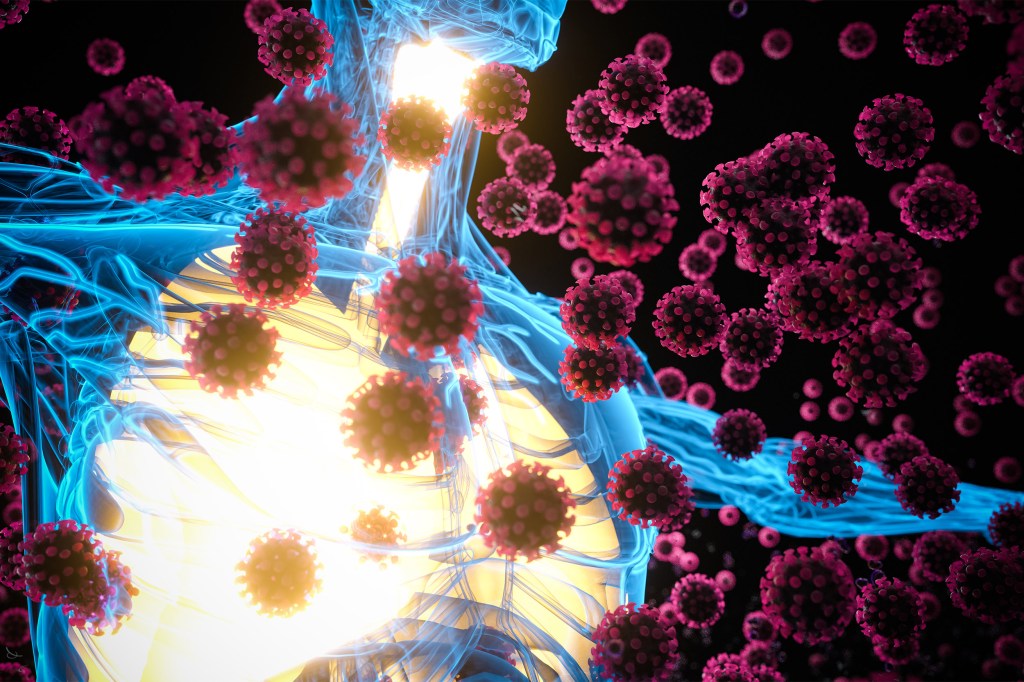Science & Tech
-

‘I exist solely for you, remember?’
Researchers detail 6 ways chatbots seek to prolong ‘emotionally sensitive events’

-
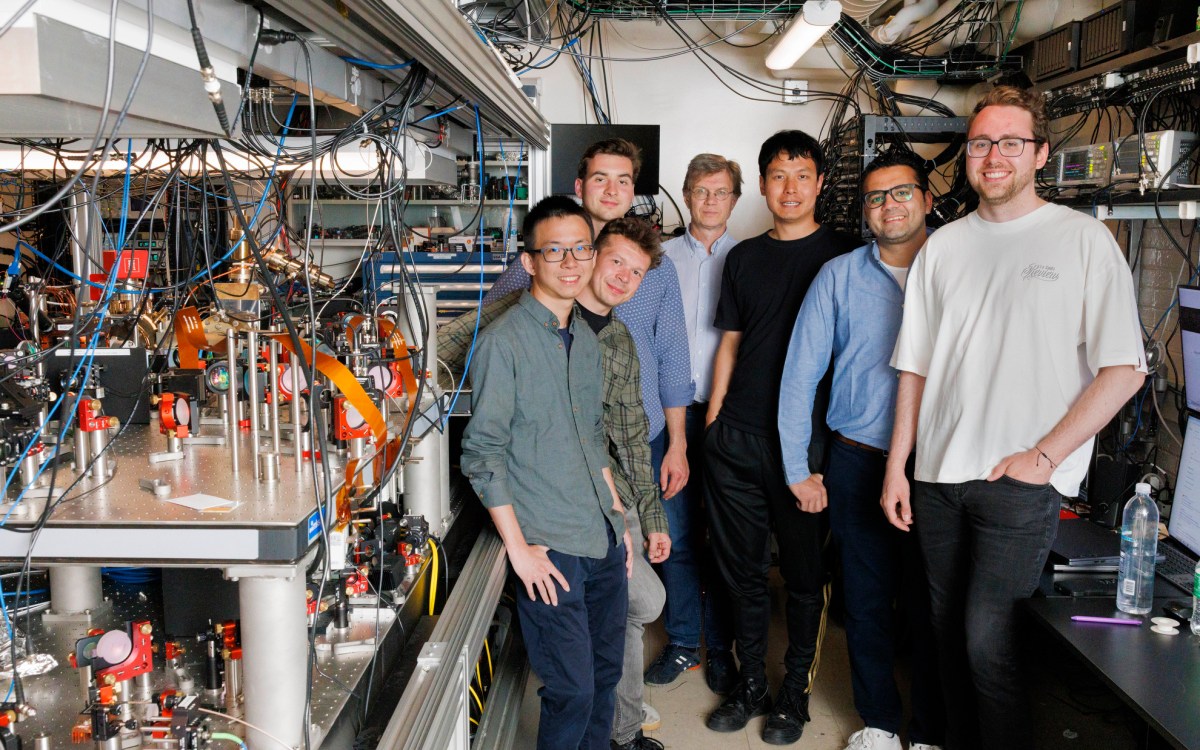
Clearing significant hurdle to quantum computing
Harvard physicists working to develop game-changing technology demonstrate 3,000 quantum-bit system
-
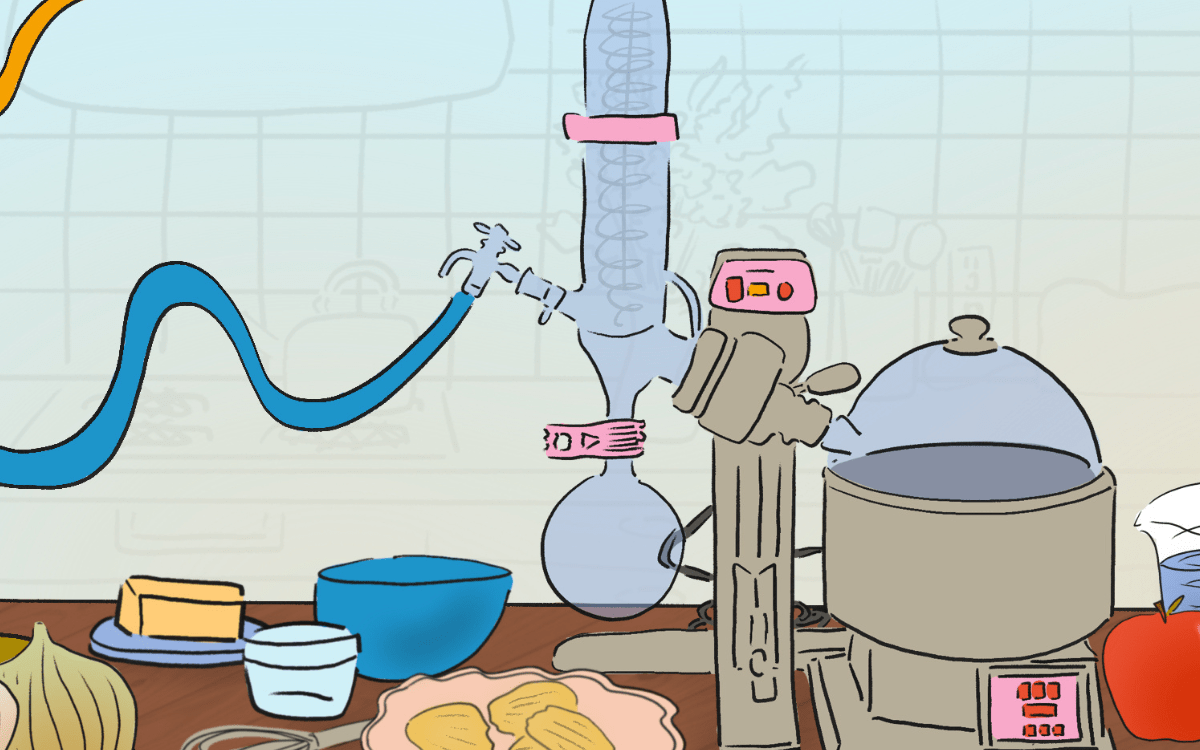
Think you understand kitchen science?
Our research-backed quiz will put your cooking knowledge to the test.
-
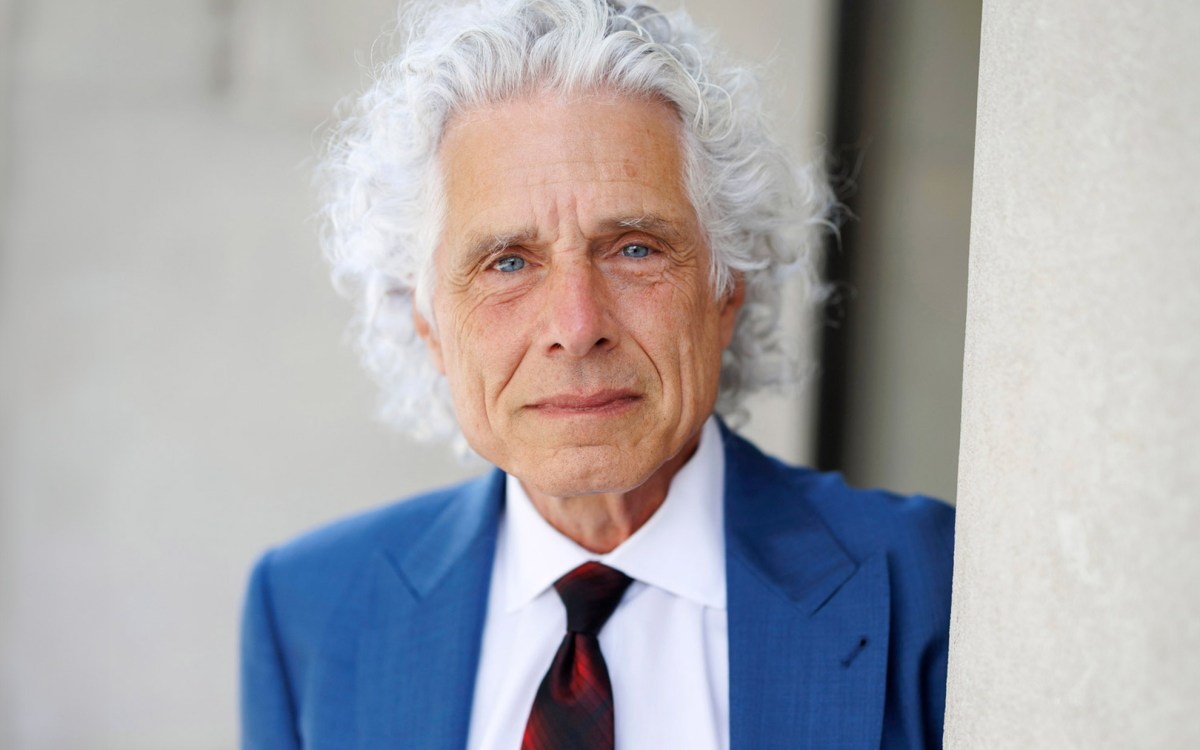
Why is your head not exploding? Steven Pinker can explain.
Cognitive psychologist reveals uncommon depths of common knowledge in new book
-
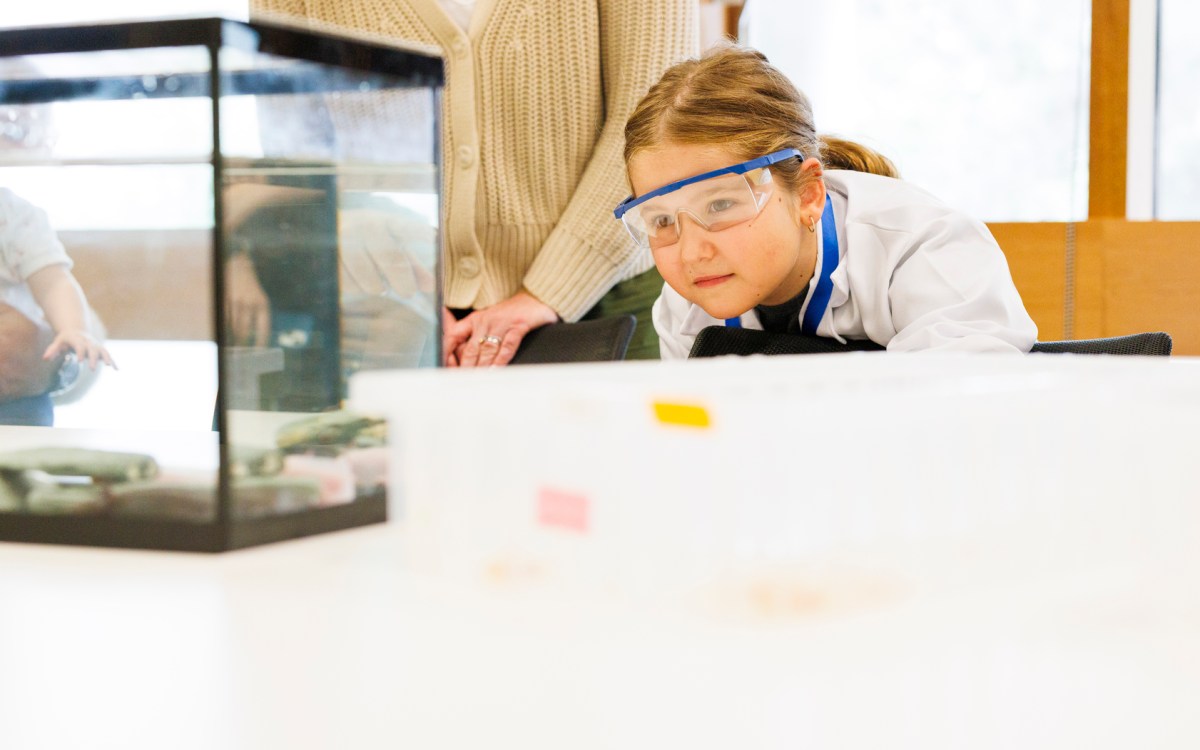
When your research donor is 6
First-grader raises $1,000 for axolotl research, meets her scientist hero — and maybe gets taste of what she wants to do when she grows up
-
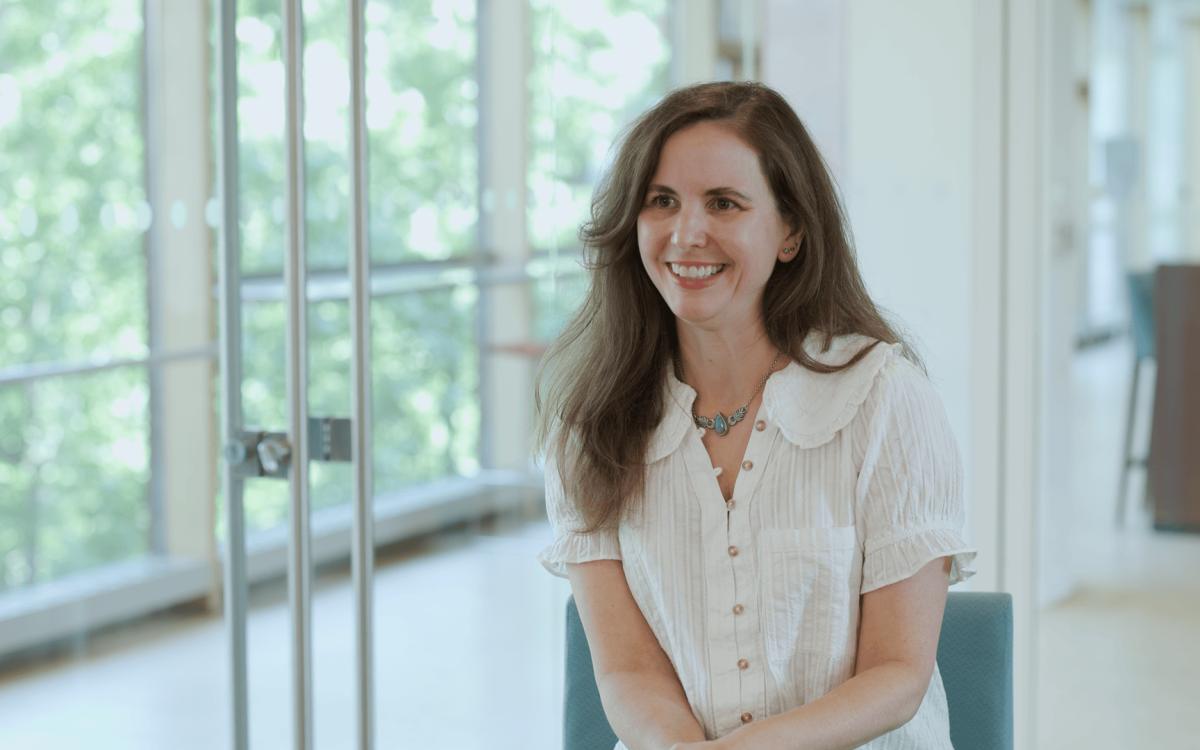
‘It feels very personal’
Jessica Whited overcame many obstacles to become a scientist, and her work was rooted in family’s blue-collar history. Then came funding cuts.
-
Deploying AI against colon cancer
Harvard-led research signals life-saving potential for artificial intelligence in fight against colon cancer.
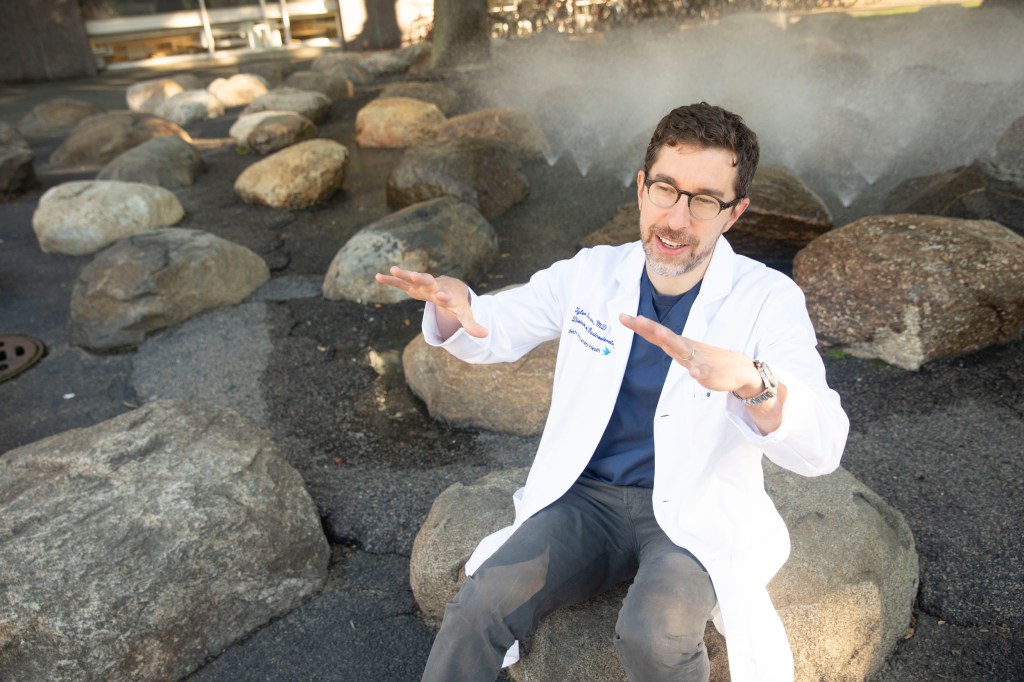
-
Biological triggers for infant abuse
Harvard team discovers neural circuits underlying aggressive behavior of adult mice toward young ones.
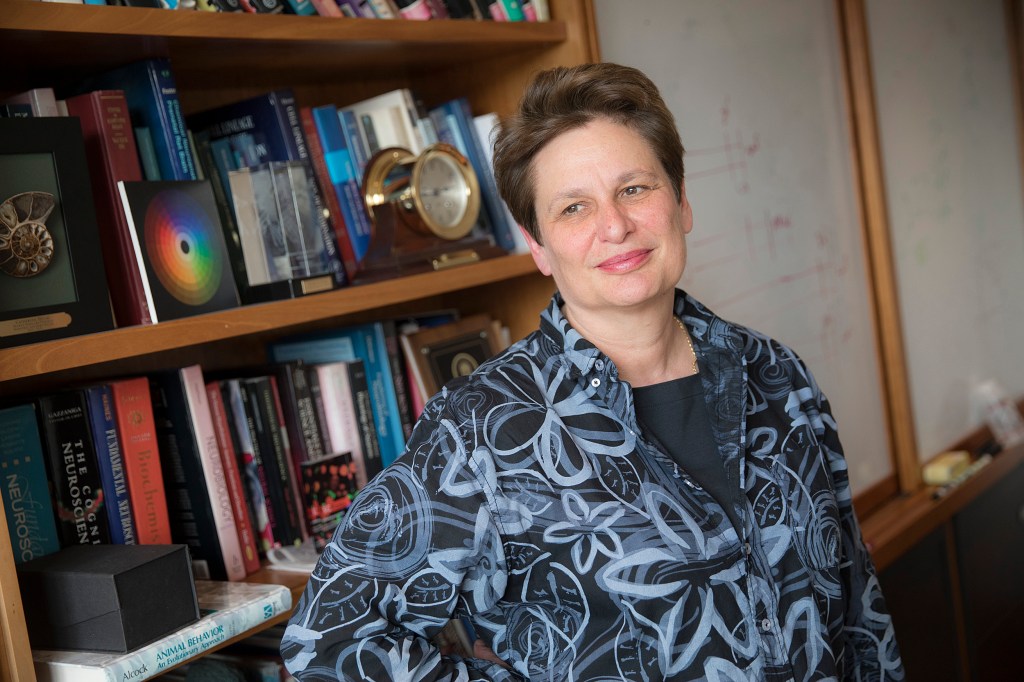
-
Melting of polar ice shifting Earth itself, not just sea levels
Research by new Harvard Ph.D. finds warping of planet’s crust, with far-reaching effects.

-
How a hormone affects society
The hormone testosterone provides a backdrop for male aggression and violence, both in nature and in society, argues a Harvard human evolutionary biologist.
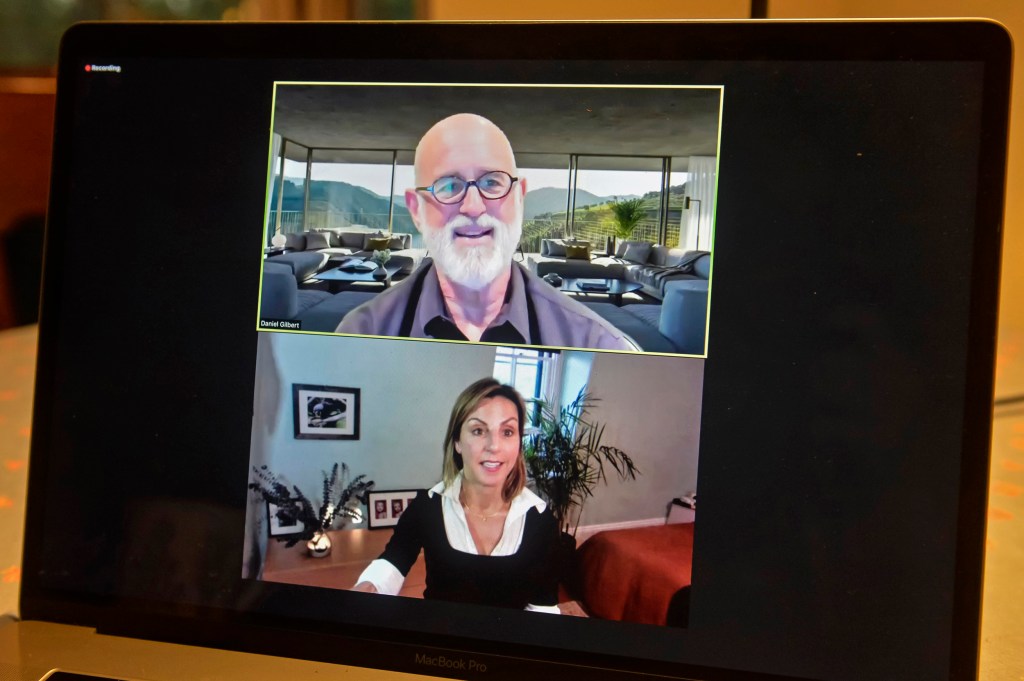
-
Like hitting a bullseye with closed eyes
Recently NASA updated its forecast of the chances that the asteroid Bennu will hit Earth in the next 300 years. Harvard statisticians put it into perspective.
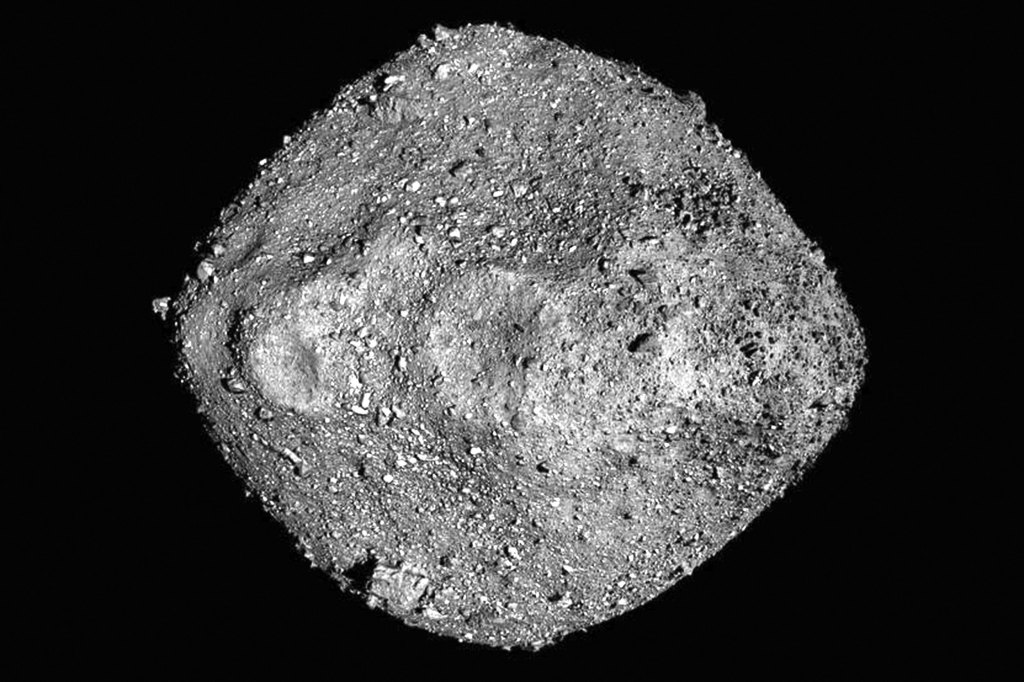
-
Knowing a big deal when you see it
The fossil was found to belong to a previously unknown species of a lizard-like reptile, representing the earliest evolving member of a lineage that today includes all lizards, snakes, and their closest relatives.
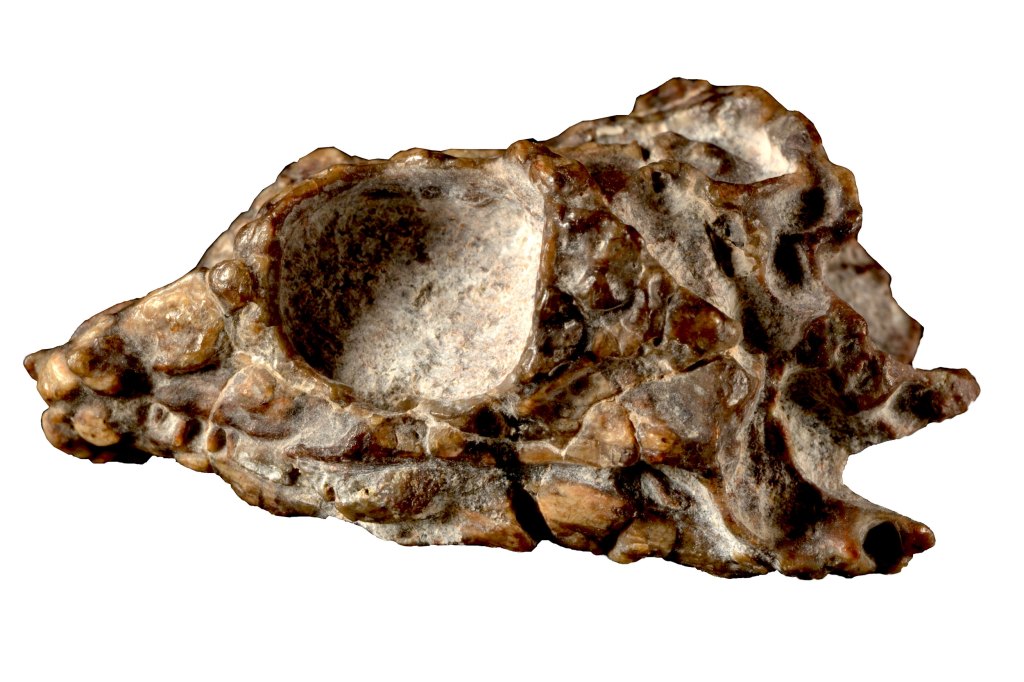
-
Climate scientist on UN report: Just as bad as we expected
Peter Huybers, a professor of Earth and planetary sciences, explains the recently released UN report on climate change and the harrowing details contained within it.

-
Dan Barouch and the birth of the J&J COVID vaccine
Dan Barouch, Harvard Medical School professor and head of Beth Israel Deaconess’ Center for Virology and Vaccine Research, was awarded Harvard’s George Ledlie Prize for work that culminated in one of three vaccines against COVID-19 approved for use in the U.S.
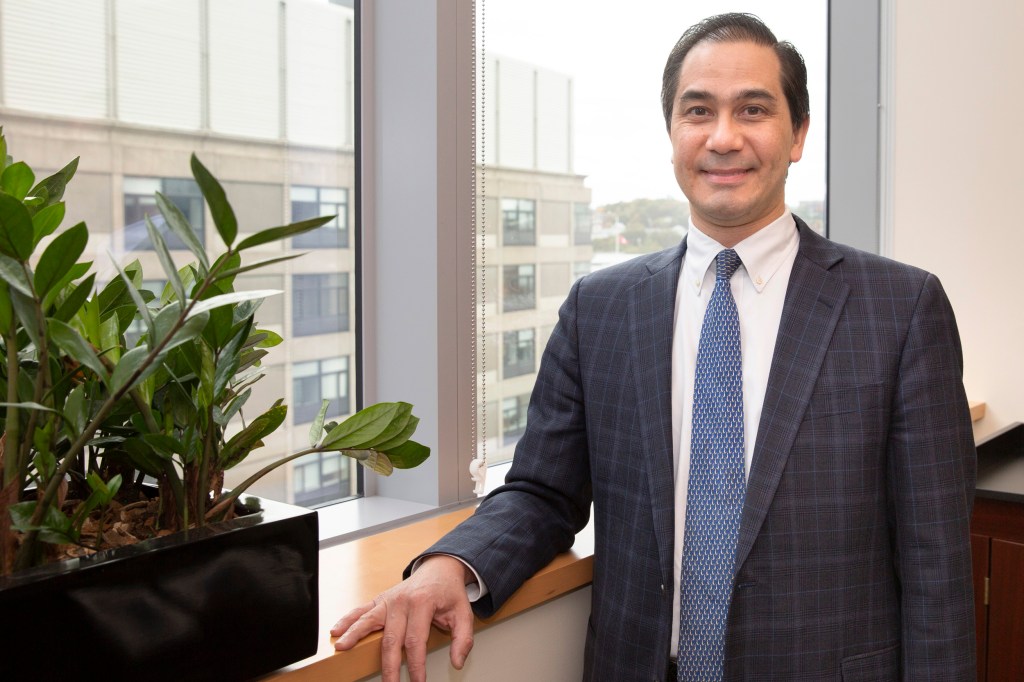
-
Living proof
A study by Harvard researchers demonstrates that jumping spiders can distinguish living from nonliving objects based on their movement.
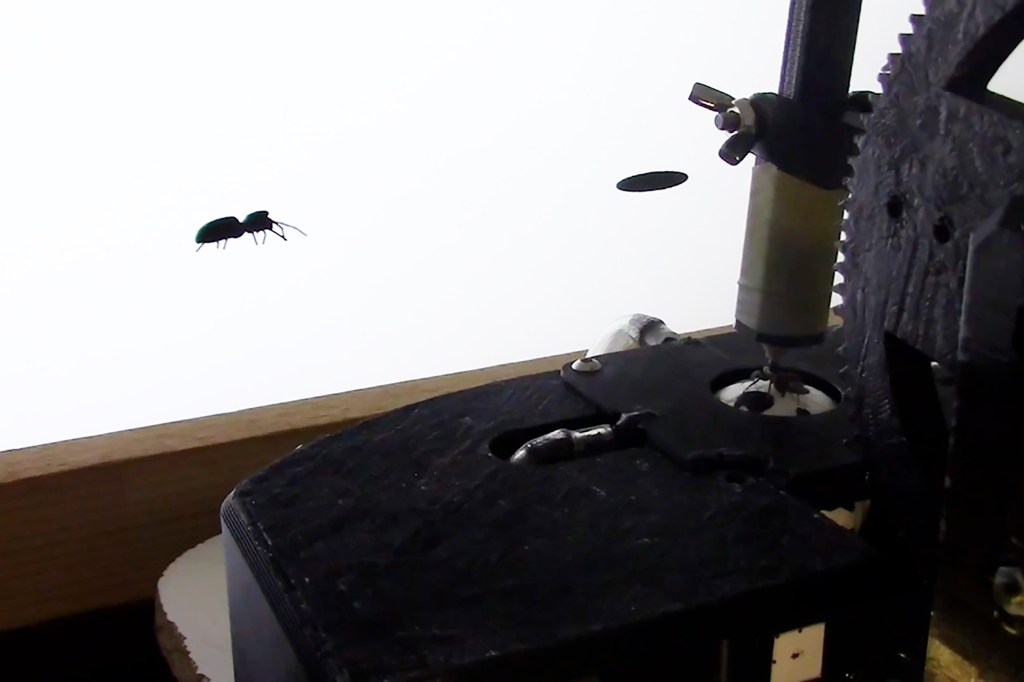
-
Mark I, rebooted
After a yearlong delay, the landmark Harvard IBM Mark I Automatic Calculator shifts residences to its new Science and Engineering Complex in Allston.
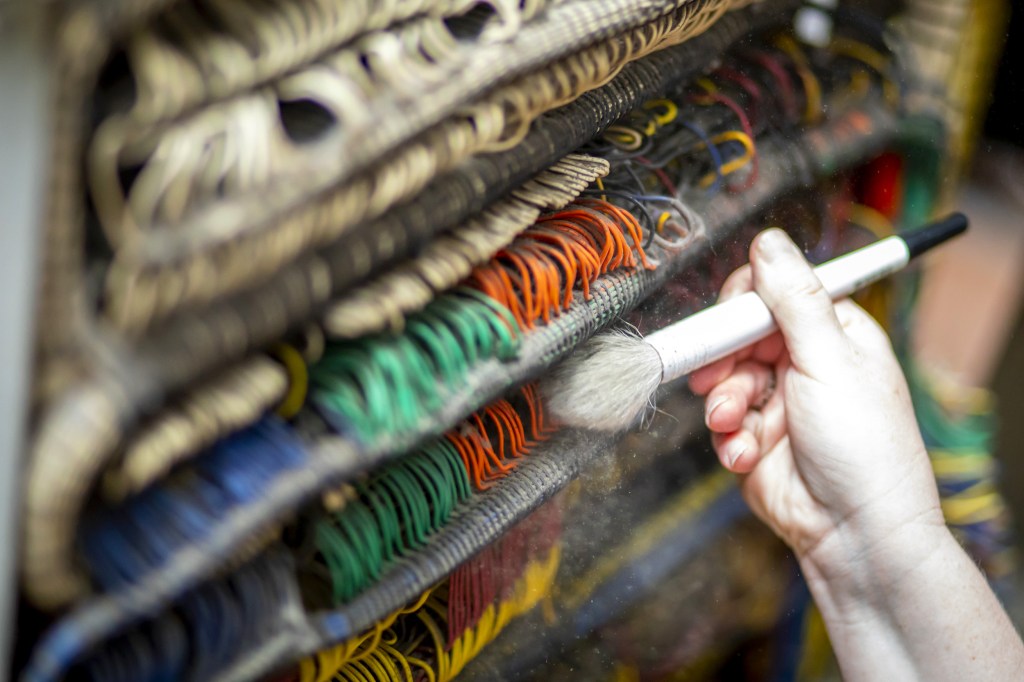
-
What exactly is a ‘fire tornado’?
What is a fire tornado? Harvard’s Loretta Mickley sheds some light.

-
Taking a step toward discovering the cause of joint disease
A Harvard study could lead to potential therapeutics for one of the most prominent ailments of the elderly and one of the most prominent musculoskeletal defects in newborns.
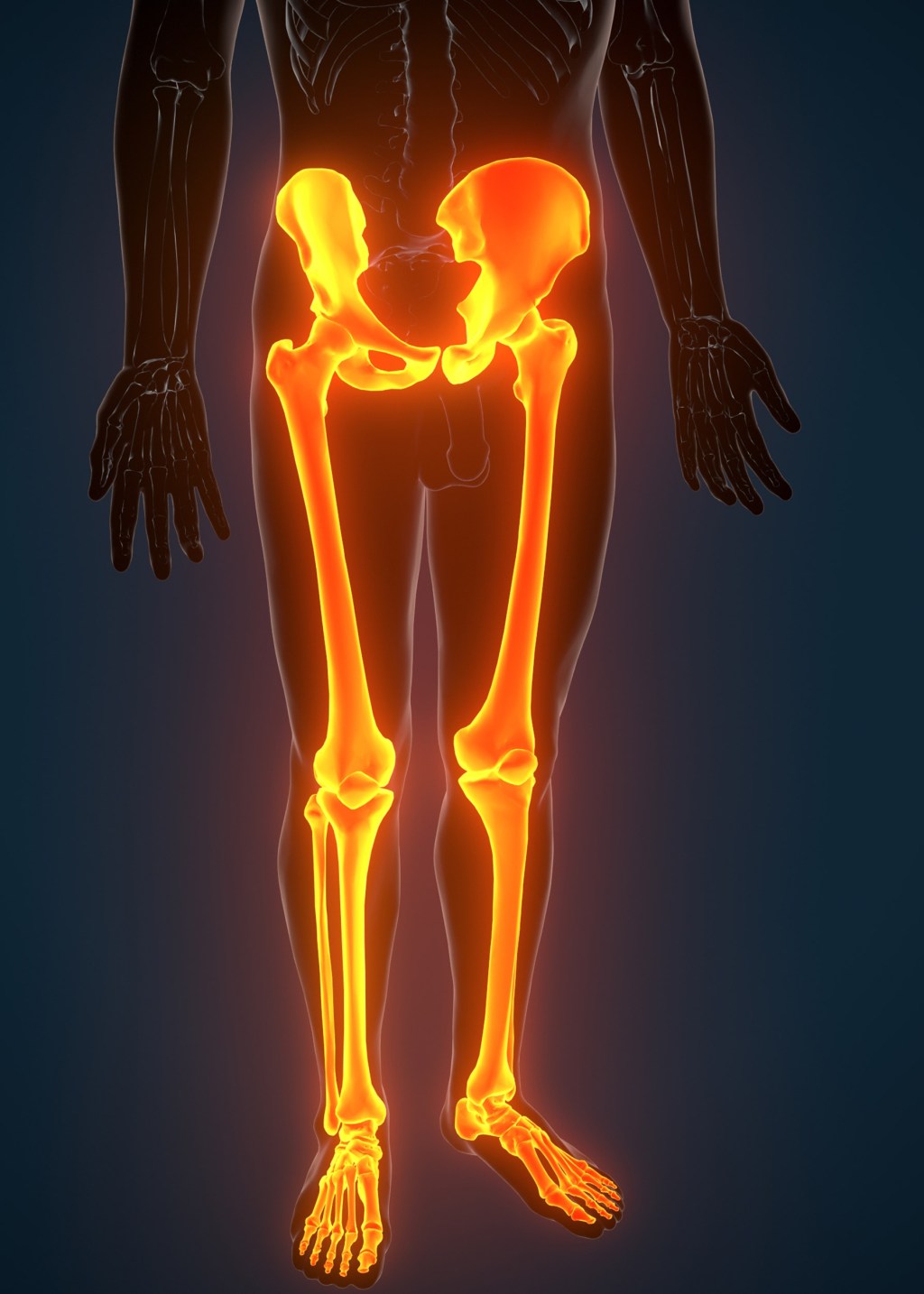
-
New imaging technique may boost biology and neuroscience research
Dushan N. Wadduwage has detailed a new technique that would create high-quality, deep-tissue imaging of living subjects in a timely fashion.

-
Harvard-led physicists take big step in race to quantum computing
A Harvard-led team has created a 256-qubit programmable quantum simulator that represents the cutting edge in the world-wide quantum race.
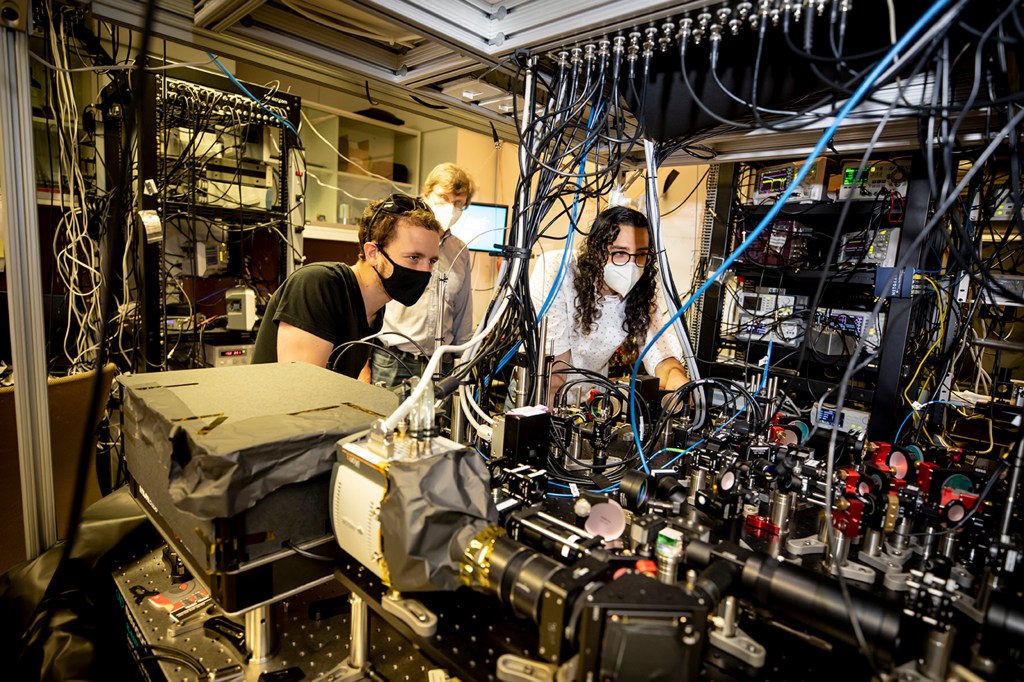
-
Harvard-led researchers document quantum melting of Wigner crystals
In 1934, physicist Eugene Wigner made a theoretical prediction that suggested how a metal that normally conducts electricity could turn into a nonconducting insulator when the density of electrons is reduced. Now a team of Harvard physicists has finally experimentally documented this transition.

-
Face mask can help diagnose COVID-19
A team of researchers from the Wyss Institute has found a way to embed synthetic biology reactions into fabrics, creating wearable biosensors that can be customized to detect pathogens and toxins and alert the wearer.
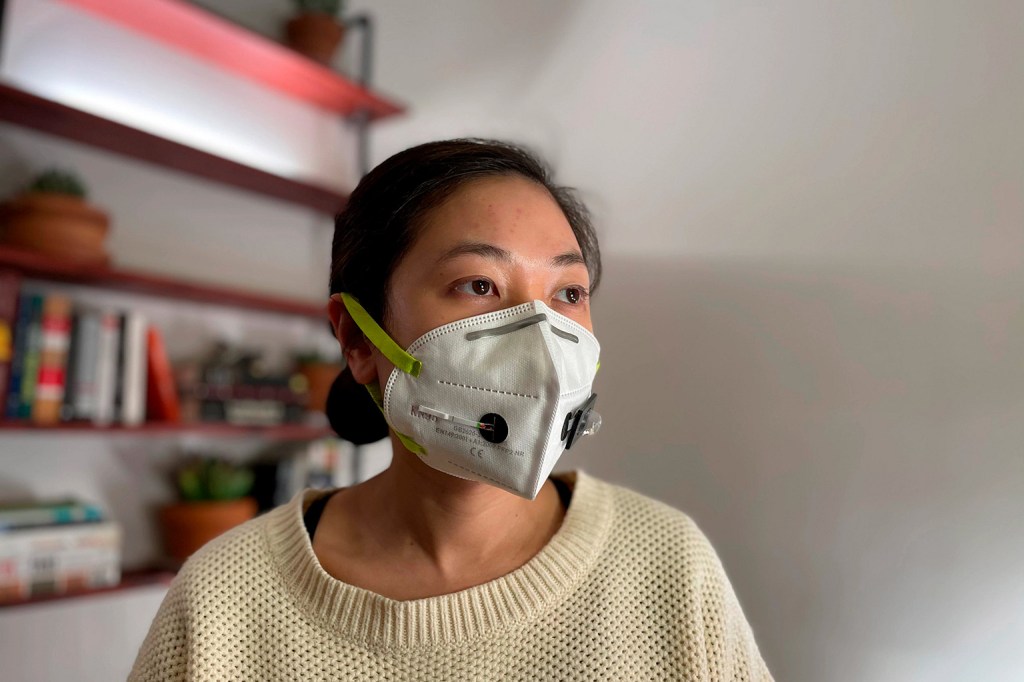
-
New gene-editing technique shows promise against sickle cell disease
Scientists at Harvard and the Broad Institute have demonstrated that it is possible to treat sickle cell disease in mice using a new gene-editing technique.
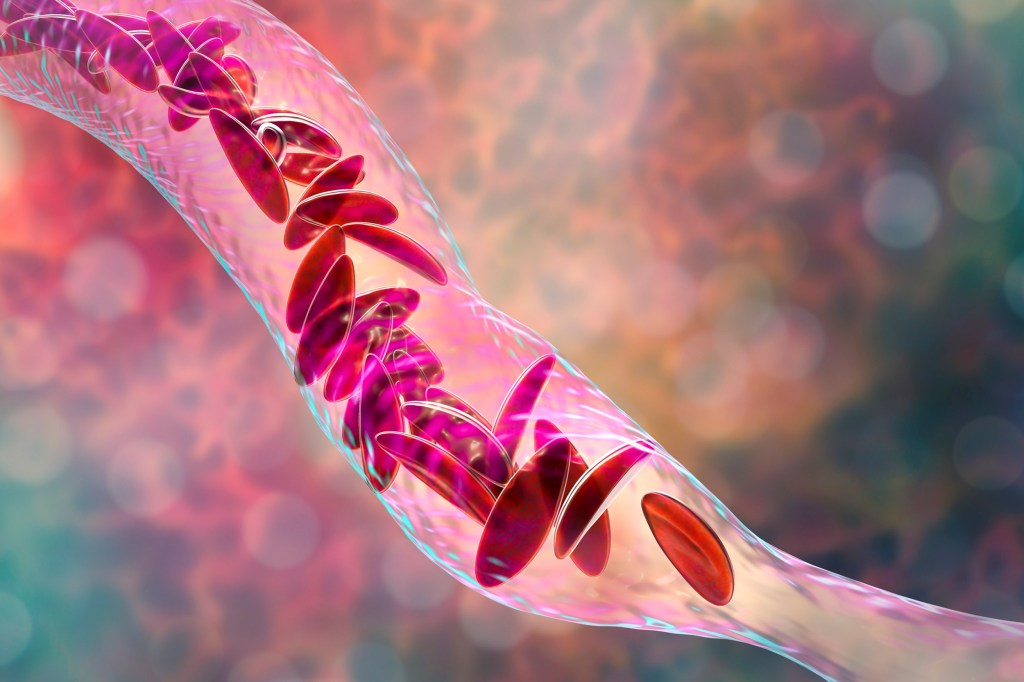
-
Humanizing technology
Public Interest Technology Lab brings together experts from across Harvard to pursue technologies that serve the interests of the public.

-
New wrinkle in tale of wolf-to-dog evolution
Study on the classic Russian farm-fox experiment raises questions about leading theories on the brains of domesticated animals.
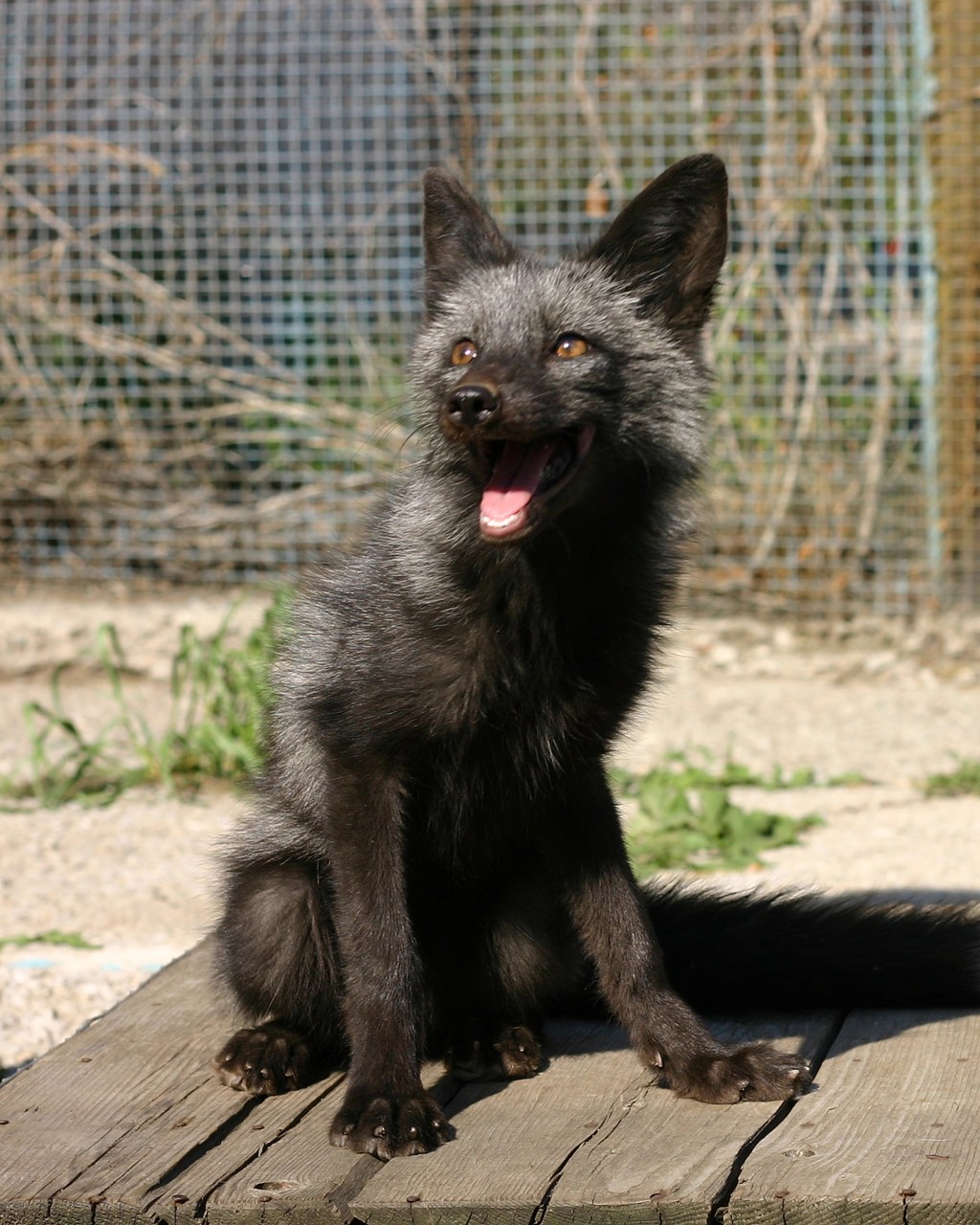
-
Electrodes that flow to fit the body
Scientists from Harvard’s Wyss Institute and John A. Paulson School of Engineering and Applied Sciences (SEAS) created flexible, metal-free electrode arrays that conform to the body’s shapes.
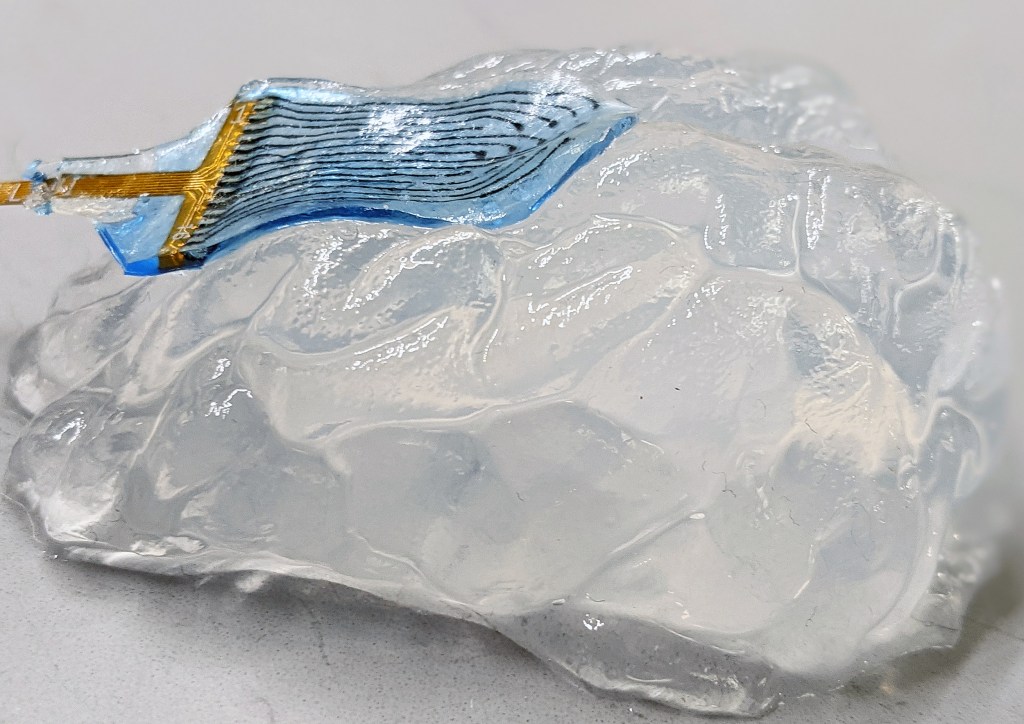
-
So why did you love ‘My Octopus Teacher’?
A panel of experts discuss the award-winning documentary “My Octopus Teacher” and the inner life of the octopus.

-
Mapping the quantum frontier, one layer at a time
Professor Kang-Kuen Ni and her team have collected real experimental data from an unexplored quantum frontier, providing strong evidence of what the theoretical model got right (and wrong) and a roadmap for further exploration into the shadowy next layers of quantum space.
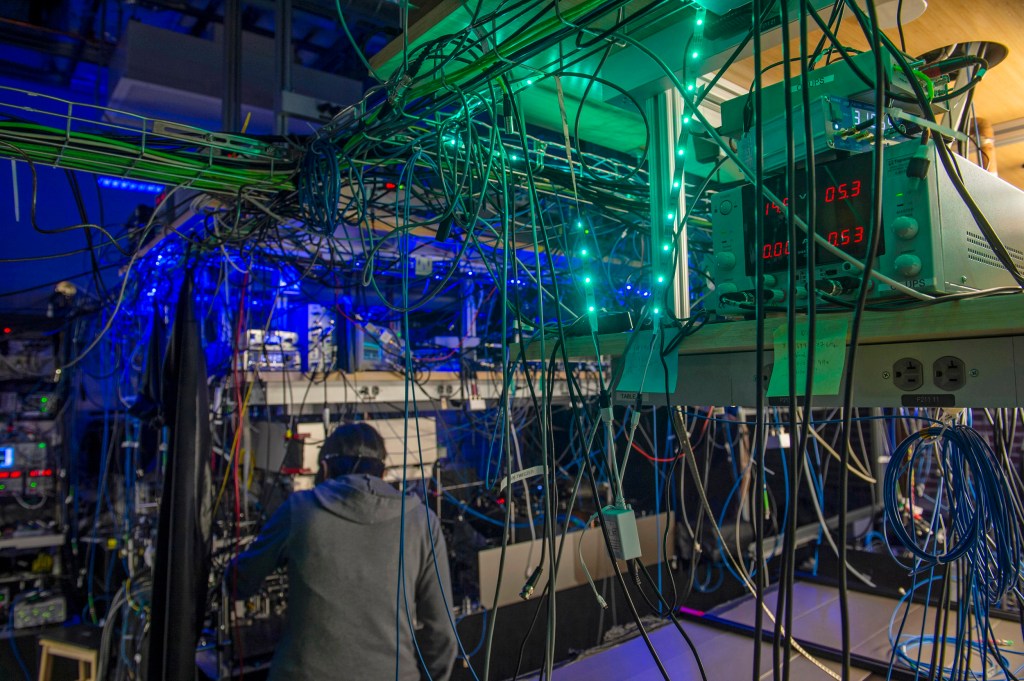
-
Charting the universe
Nearly 40 years after creating the first, iconic map of the universe, researchers aim for the largest map ever.

-
High-speed internet at a crossroads
Jim Waldo assesses how the internet fared during the pandemic and how well it stood up to huge shifts of work, education, and commerce online.
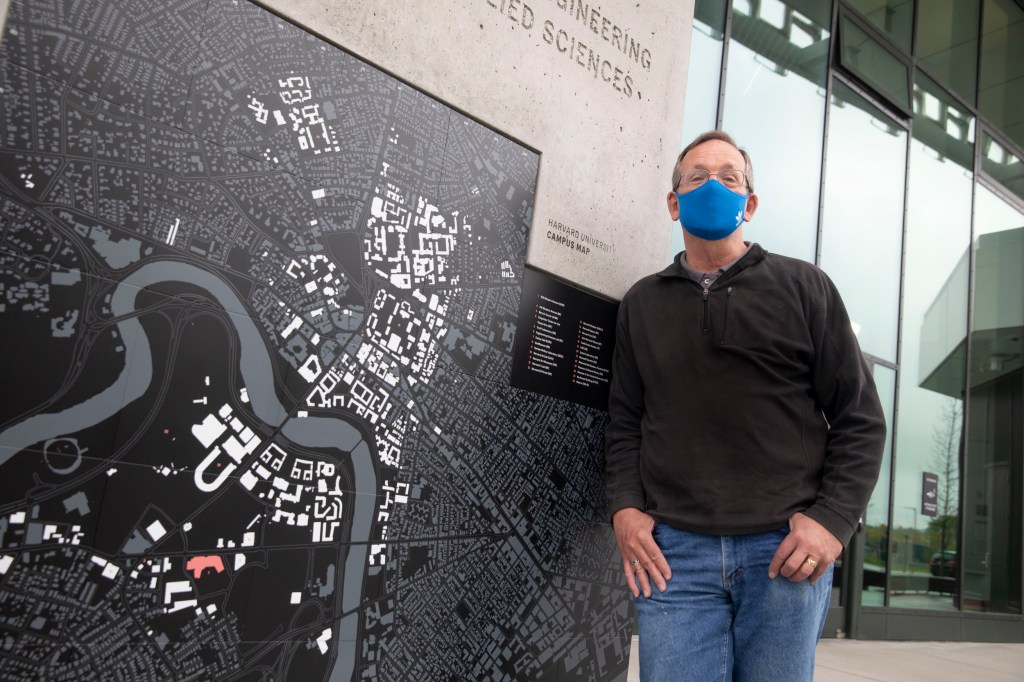
-
A gut feeling
Researchers identify links between genetic makeup of bacteria in human gut and several human diseases.
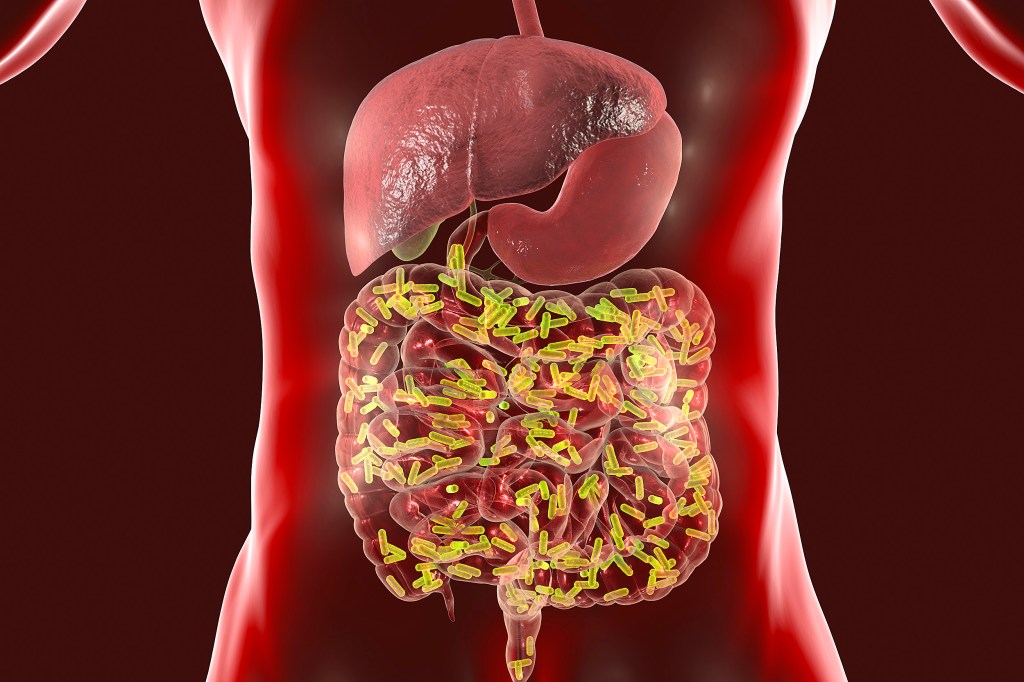
-
Not so black and white
Harvard researchers identify a mechanism with therapeutic potential for anemia.
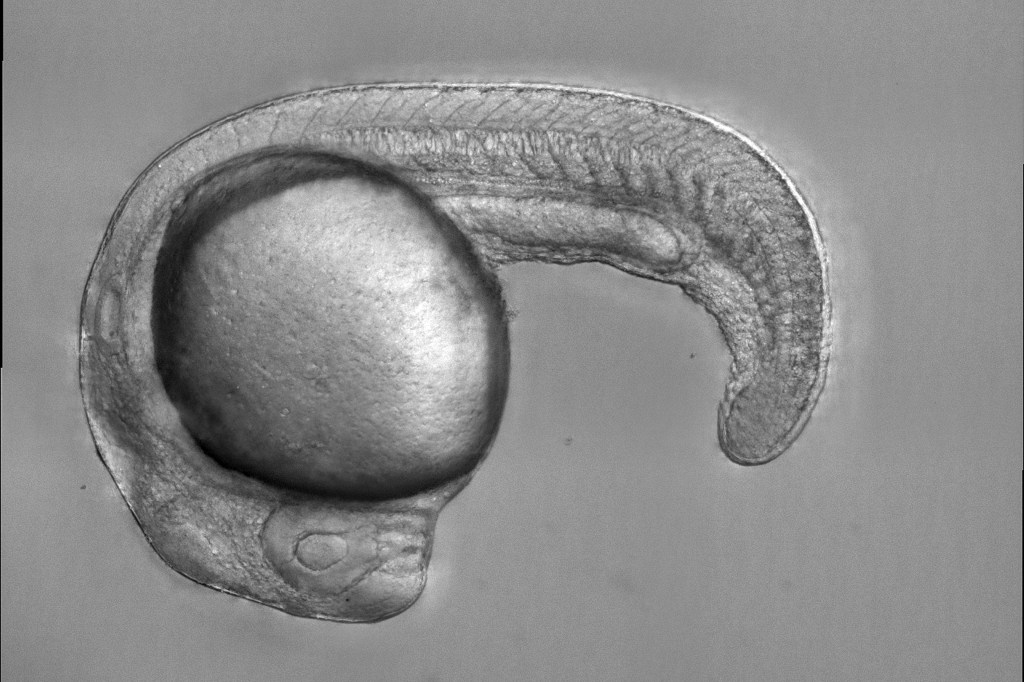
-
Battery breakthrough for electric cars
Harvard researchers have designed a stable, lithium-metal, solid-state battery that is far more efficient than lithium-ion batteries.

-
Study aims to quell fears over falling human sperm count
Rising fears over declining human sperm count among men in Western countries may be overblown, according to researchers at Harvard’s GenderSci Lab.
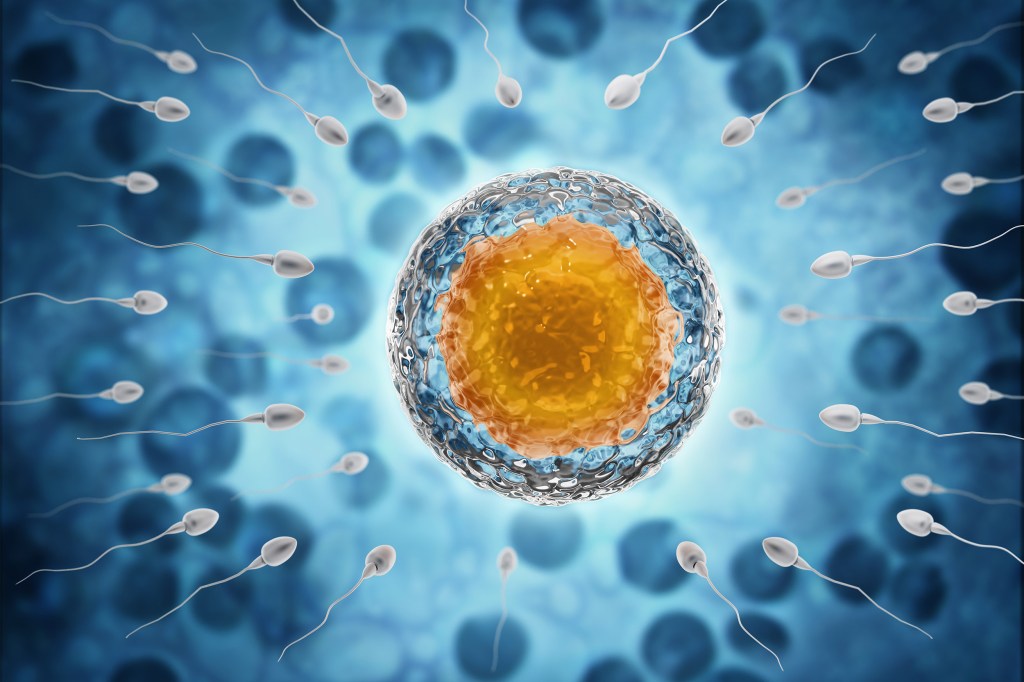
-
Turns out developing a taste for carbs wasn’t a bad thing
Findings on Neanderthal oral microbiomes offer new clues on evolution, health.
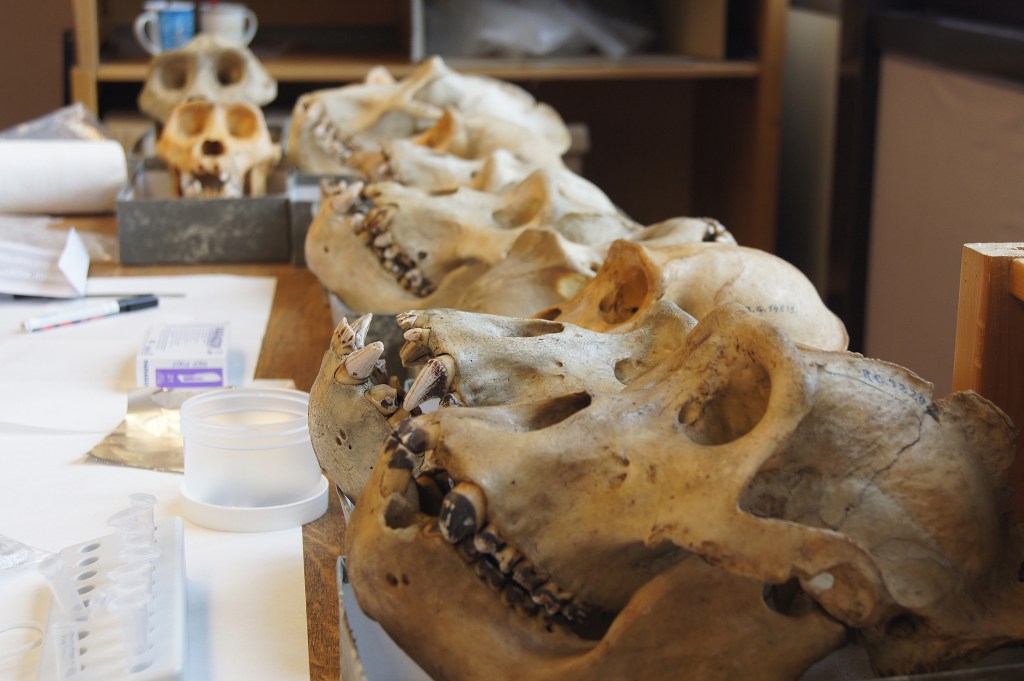
-
Why some die, some survive when equally ill from COVID-19
Researchers have identified a protein signature that may help answer the question, “Why do some patients die from COVID-19, while others — who appear to be just as ill — survive?”
